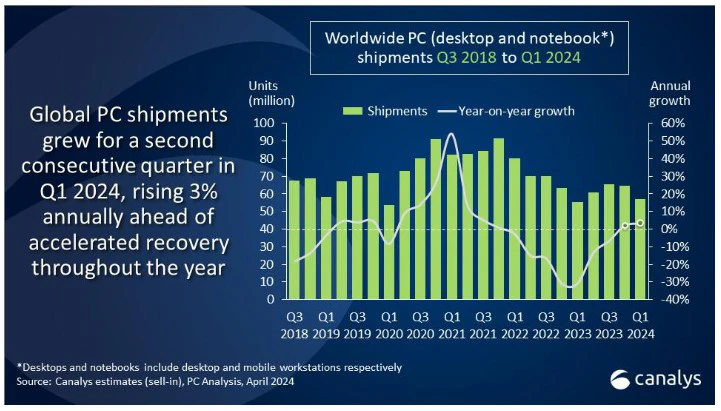On Monday, Gary Gensler, Chair of the U.S. Securities and Exchange Commission (SEC), raised a red flag, cautioning that artificial intelligence (AI) poses a big risk to global financial stability. He emphasized that the rapid proliferation of AI’s threat could necessitate substantial revisions to existing regulations to ensure the continued integrity of the global financial system. Acknowledging the transformative power of AI, Gensler urged regulatory bodies to address the emerging challenges brought forth by these advanced technologies. As the SEC evaluates the potential need for new rules, Gensler underscored the importance of staying ahead of the curve to mitigate the risks posed by AI’s integration in finance.
AI’s threat in financial decision-making
Gary Gensler, who assumed the leadership of the SEC in 2021, has been vocal about the profound impact of AI on the financial industry. In his latest warning, Gensler highlighted how AI’s widespread adoption could exacerbate financial vulnerabilities. The reliance on foundational AI models or data may lead individuals and institutions to make similar financial decisions, amplifying market risks. Gensler stressed the need to revise current model risk management guidelines, which were formulated before the advent of advanced data analytics. Updating these guidelines is essential to ensure they effectively address the potential challenges posed by AI in finance and safeguard the stability of the global financial system.
On a more detailed level, Gensler pointed out that the use of AI by businesses could potentially implicate securities laws. The SEC will closely scrutinize the deployment of AI in areas like financial fraud detection, corporate reporting accuracy, and guiding investors toward specific products. Notably, Gensler issued a specific caution to publicly traded companies, urging them to exercise utmost vigilance in their statements and disclosures about the risks and opportunities AI may present. Ensuring transparency and avoiding misleading investors are paramount to maintaining trust and confidence in the financial markets.
Addressing conflicts of interest to promote fair market access
As AI becomes increasingly integrated into financial advisory and brokerage services, Gensler highlighted the potential for conflicts of interest. The SEC aims to address these challenges by potentially considering new rules related to AI applications in these areas as early as this fall. Gensler raised concerns about personalized communication, product offerings, and pricing, emphasizing that these tailored strategies may raise questions about fair market practices. The SEC’s role is to strike a delicate balance between promoting competitive and efficient markets while ensuring that AI’s integration does not hinder fair market access or create a dominant position for certain players.
Gensler believes that leveraging AI within the SEC’s own investigative and enforcement efforts could be beneficial. The adoption of AI in surveillance, data analysis, and enforcement has the potential to enhance the SEC’s capabilities in monitoring market activities. But, the SEC must carefully navigate this terrain to ensure that its use of AI aligns with its mission to foster competition, transparency, and fair market access.
Gary Gensler’s warning on the risks of AI to financial stability underscores the growing concerns surrounding the widespread adoption of AI technologies in the financial industry. As AI-powered solutions become more prevalent worldwide, regulatory agencies are grappling with the need to strike a balance between embracing innovation and safeguarding market integrity. The SEC’s ongoing evaluation of AI’s impact on finance aims to address potential threats and enhance risk management practices to protect investors and ensure the continued stability of the global financial system. As the world continues to embrace AI-driven advancements, regulatory revisions, and proactive measures will be crucial to harnessing the benefits of AI while mitigating potential risks.





